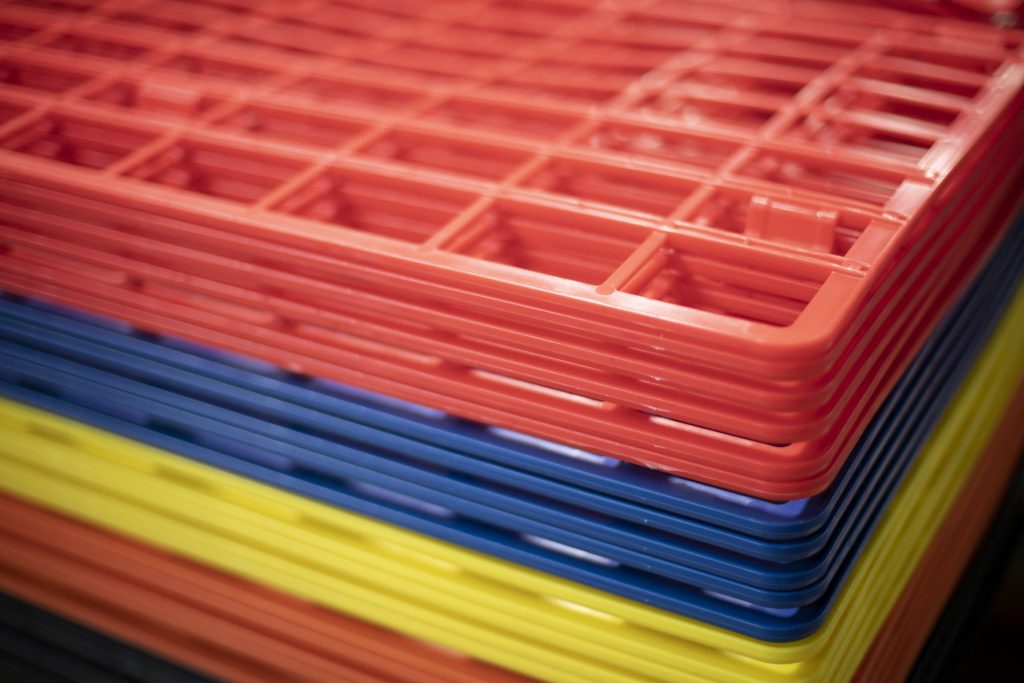
When selecting the suitable steel for injection moulds, it is important to consider the specific requirements of the mould. The type of steel used will affect the durability, strength, and precision of the mould, which in turn will impact the quality and consistency of the final product.
For example, high output moulds such as packaging moulds require high-quality stainless steel, such as S136 and DIN1.2316, which guarantee a longer mould life and corrosion resistance. On the other hand, home appliance molds and commodity moulds may require steel such as DIN1.2738, 718H, and H13, which provide the strength and durability needed to withstand repeated use.
In addition to the specific requirements of the mould, other factors to consider when selecting the suitable steel include the production volume, lead time, and cost. Using higher quality steel can increase the cost of production, but it may save on production time and maintenance costs in the long run.

Overall, selecting the suitable steel for injection moulds requires careful consideration of the specific requirements of the mould, as well as the production needs, cost, and lead time. At ALL STAR PLAST, our experienced mould manufacturers work closely with our clients to ensure that the appropriate steel is selected for their specific needs, resulting in high-quality, reliable, and cost-effective moulds.